
If your mouth feels dry at night, here are 8 reasons why
Even after a full night’s sleep, many people wake up feeling groggy, tired, and strangely thirsty. One overlooked cause of this can be dry mouth, a seemingly small issue that can actually affect your overall health and energy levels.
Waking up with a mouth that feels like dry paper isn’t just uncomfortable — it can be a sign that something deeper is going on in your body. While occasional dryness might not be serious, frequent or persistent dry mouth during the night should not be ignored.
This issue often occurs in the later stages of sleep and is the result of several interrelated factors, from diet and hydration to underlying medical conditions. Understanding why it happens and how to manage it can make a big difference in both sleep quality and overall wellbeing.
1. Digestive Issues
What you eat before bed plays a major role in how your digestive system functions overnight. Certain foods are notorious for disturbing digestion — especially greasy, spicy, or salty foods. These can irritate the stomach lining and make it harder for your body to process meals while you sleep.
When digestion slows down, your body uses up more water to process food, leaving less available for other functions. This imbalance can cause dehydration and a dry mouth by morning. In addition, late-night snacking on heavy foods can lead to acid reflux or bloating, further disturbing your rest. To prevent this, try to finish eating at least two to three hours before bedtime and opt for light, hydrating snacks instead.
2. Liver Problems
Your liver plays a vital role in filtering toxins from the body. When it becomes overworked, inflamed, or damaged, toxins can start to build up in the bloodstream. One subtle sign of this dysfunction can be waking up repeatedly with a dry mouth.
If the problem happens often and there’s no obvious cause like dehydration, it’s worth consulting a doctor. Persistent dryness, especially when combined with fatigue, yellowing skin, or abdominal discomfort, can be an early warning sign of liver strain.
Supporting liver health through balanced nutrition, reduced alcohol intake, and regular exercise can also help prevent this issue.
3. Dehydration
One of the most common — and most easily overlooked — causes of dry mouth at night is simple dehydration. Even while you sleep, your body continues to use and lose water through breathing and other basic metabolic functions.
If you don’t drink enough fluids during the day, your body doesn’t have enough water to maintain proper moisture levels in your mouth and throat. This can result in dryness, cracked lips, and even bad breath upon waking. To prevent dehydration, make sure to drink water regularly throughout the day and consider keeping a glass of water beside your bed.
4. Oral Diseases
Conditions such as gingivitis, periodontitis, and cavities are not just oral health concerns — they can also contribute to dry mouth. Poor hygiene allows harmful bacteria to multiply, leading to inflammation, gum disease, and reduced saliva flow.
At night, saliva production naturally decreases, creating an ideal environment for bacteria to thrive. Over time, this can worsen mouth dryness and increase the risk of infections. Maintaining good oral hygiene — brushing twice daily, flossing, and visiting your dentist regularly — is essential to keep your mouth healthy and hydrated.
5. Diabetes
People with diabetes often experience dry mouth, especially during the night. Elevated blood sugar levels cause the kidneys to work harder to remove excess glucose from the bloodstream, leading to increased urination and fluid loss.
This dehydration manifests as persistent thirst and dryness in the mouth. Managing blood sugar through a healthy diet, regular exercise, and medication as prescribed can help minimize these symptoms.
6. Bile Reflux
While less common than acid reflux, bile reflux can also lead to dryness in the mouth. Bile — a digestive fluid produced by the liver — can backflow into the stomach and esophagus, causing irritation and discomfort. This not only disturbs digestion but may also influence saliva production.
Supporting liver health and avoiding trigger foods like caffeine, alcohol, and fried meals can help reduce bile reflux and its side effects.
7. Fever
When you have a fever, your body temperature rises and you naturally lose more fluids through sweating and faster breathing. This can quickly lead to dehydration and a parched mouth.
If you wake up with dryness and fever, make sure to rest, drink plenty of fluids, and use fever-reducing methods such as a cool compress or over-the-counter medication, if appropriate. Staying hydrated not only eases the dryness but also helps your body recover faster.
8. Hyperthyroidism
An overactive thyroid gland speeds up metabolism, increasing the body’s demand for energy and water. This heightened metabolic rate can lead to excessive thirst, restlessness, and nighttime dryness.
If you often feel unusually warm, anxious, or notice weight loss despite eating normally, it might be worth checking your thyroid levels. A healthcare professional can recommend the right tests and treatment to help restore balance.
Final Thoughts
If you frequently wake up with a dry mouth, it’s worth examining your daily habits, such as what you eat, how much water you drink, and how well you care for your oral health. Small adjustments — like improving hydration, avoiding heavy late-night meals, and maintaining proper oral hygiene — can have a big impact.
However, if the dryness persists despite these efforts, don’t ignore it. Chronic dry mouth could be a signal of an underlying medical condition, so it’s best to consult a healthcare provider to identify and address the root cause early.
News in the same category

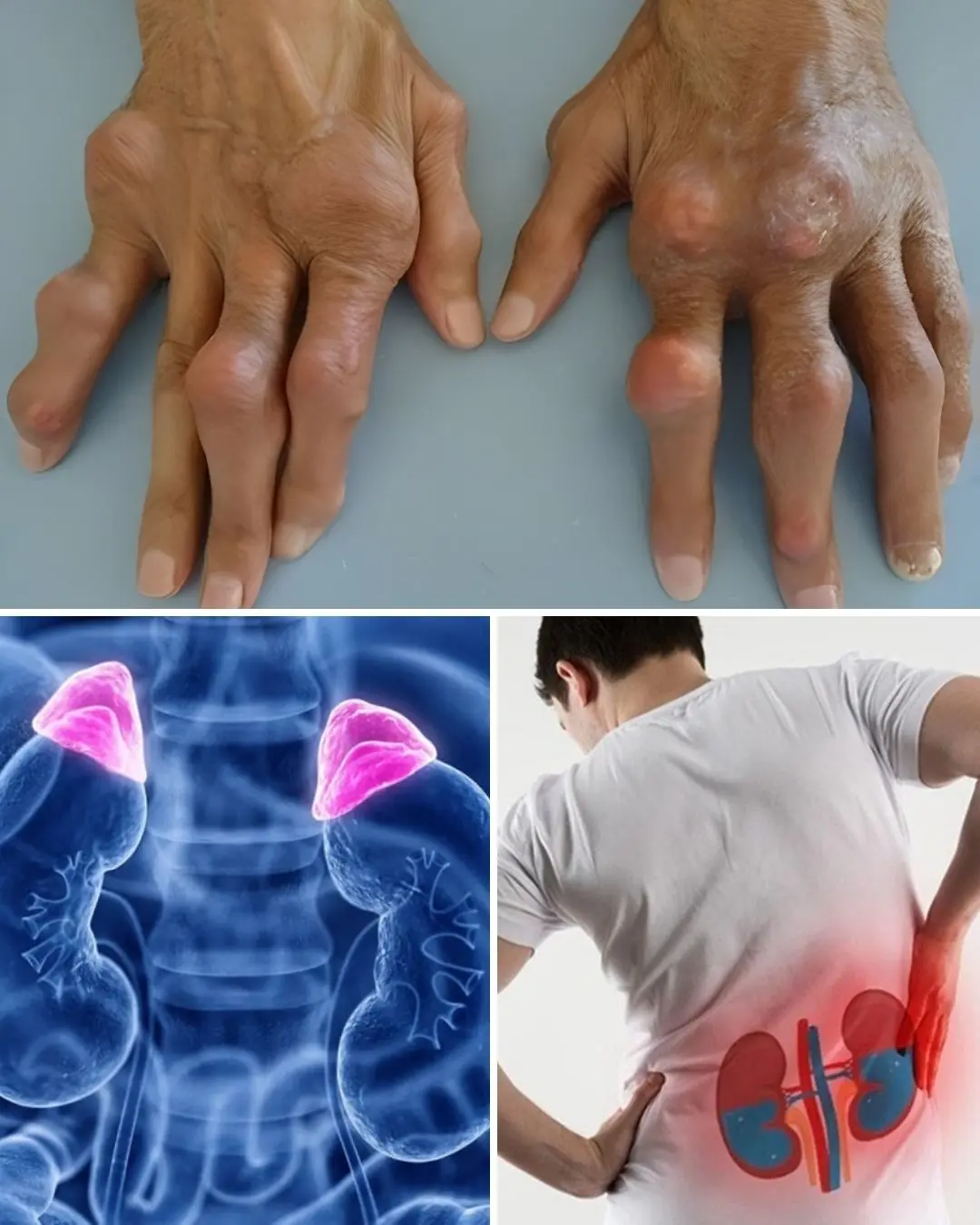
The Link Between Gout and Kidney Disease: What You Need to Know

The Rise of Kissing Bugs
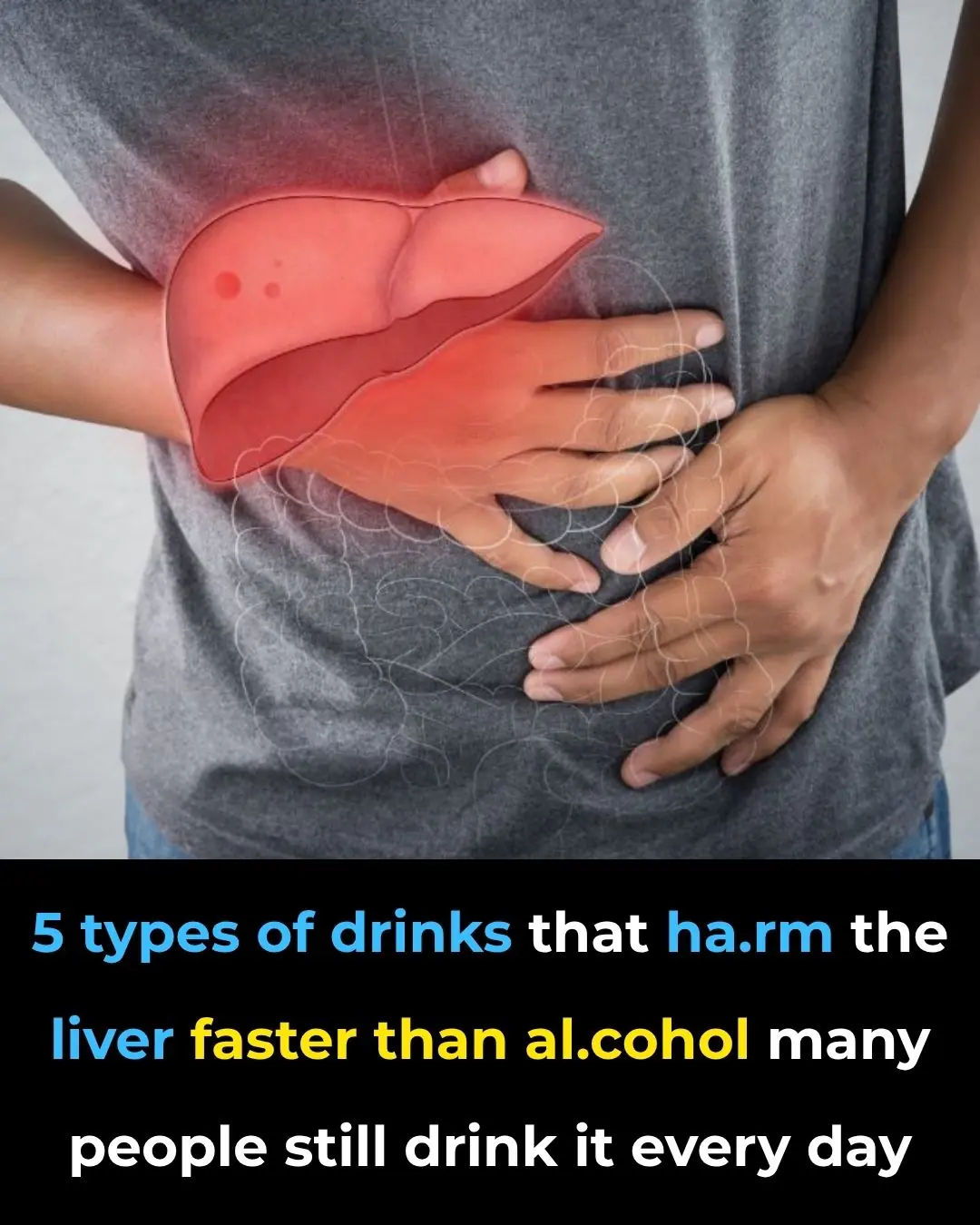
5 Common Drinks That Can Damage Your Liver Just Like Alcohol
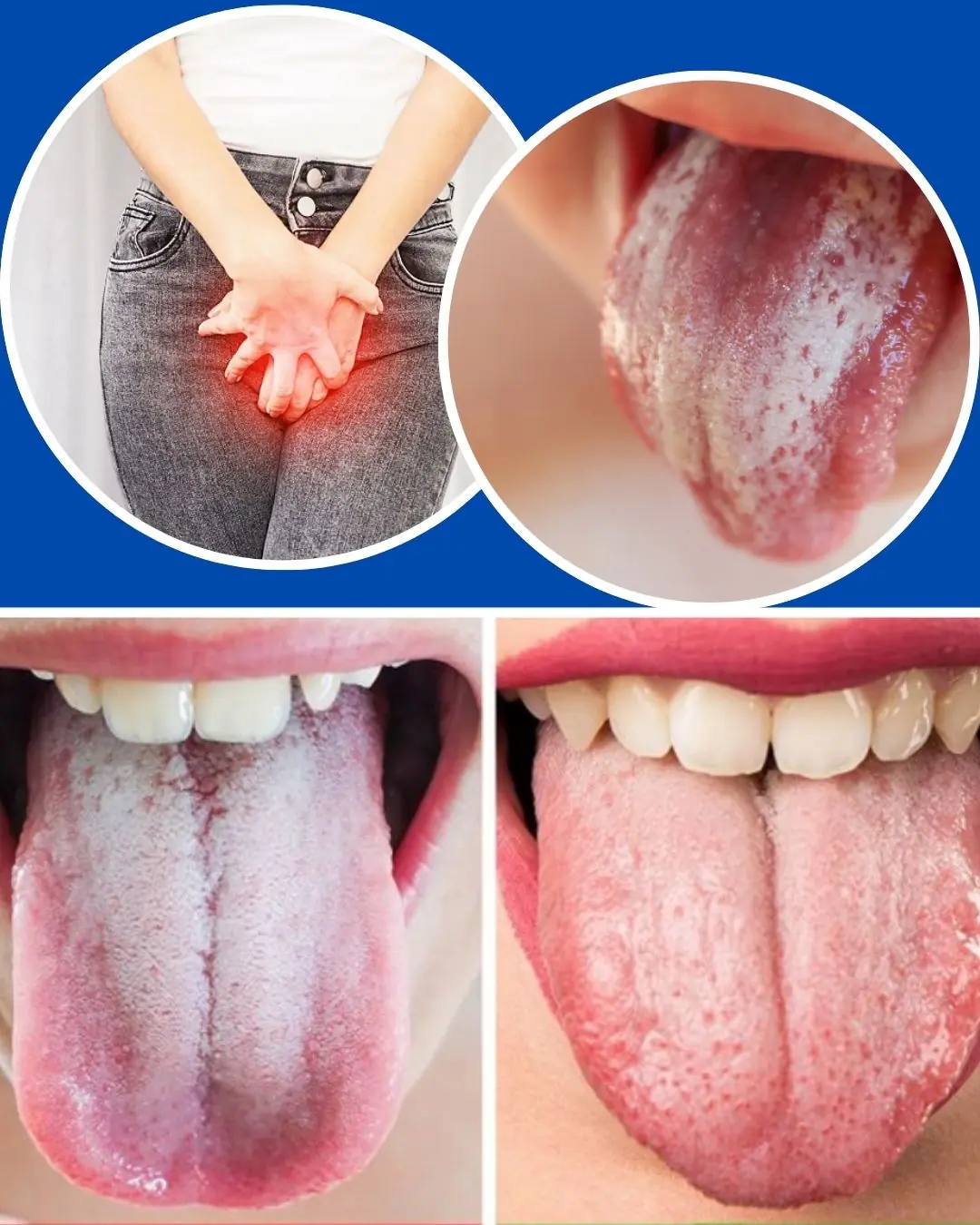
Listen to Your Tongue: 11 Subtle Health Messages It Sends Health June 11, 2025 Updated: June 11, 2025
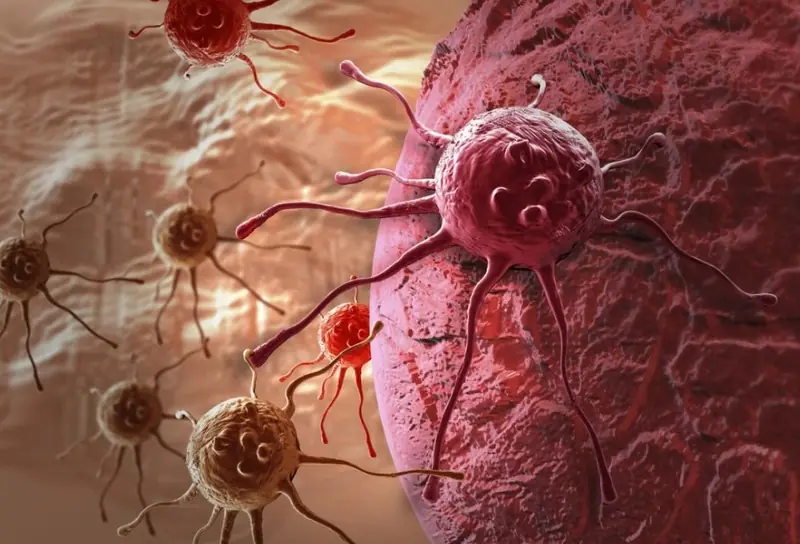
Two itchy areas on the body could be a sign of liver cancer — but many people mistake it for an allergy
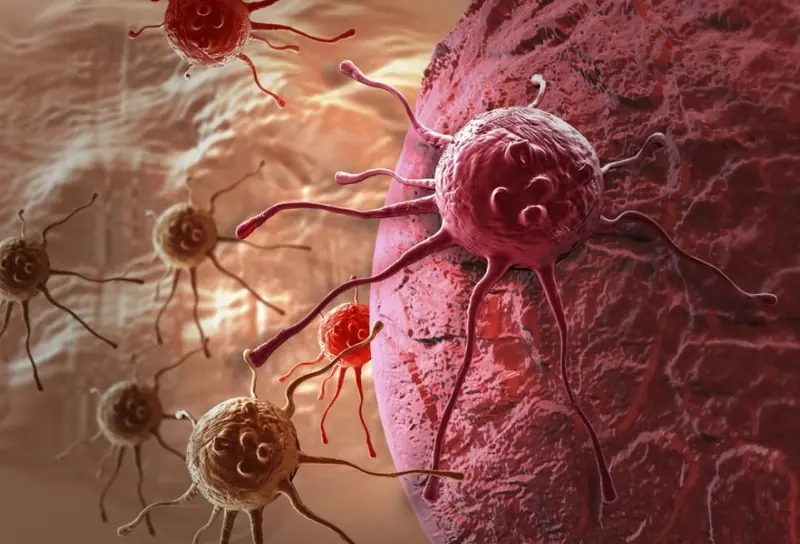
GOOD NEWS: The U.S. Has Successfully Tested a 'Miracle Drug' That Destroys 70 Types of Cancer
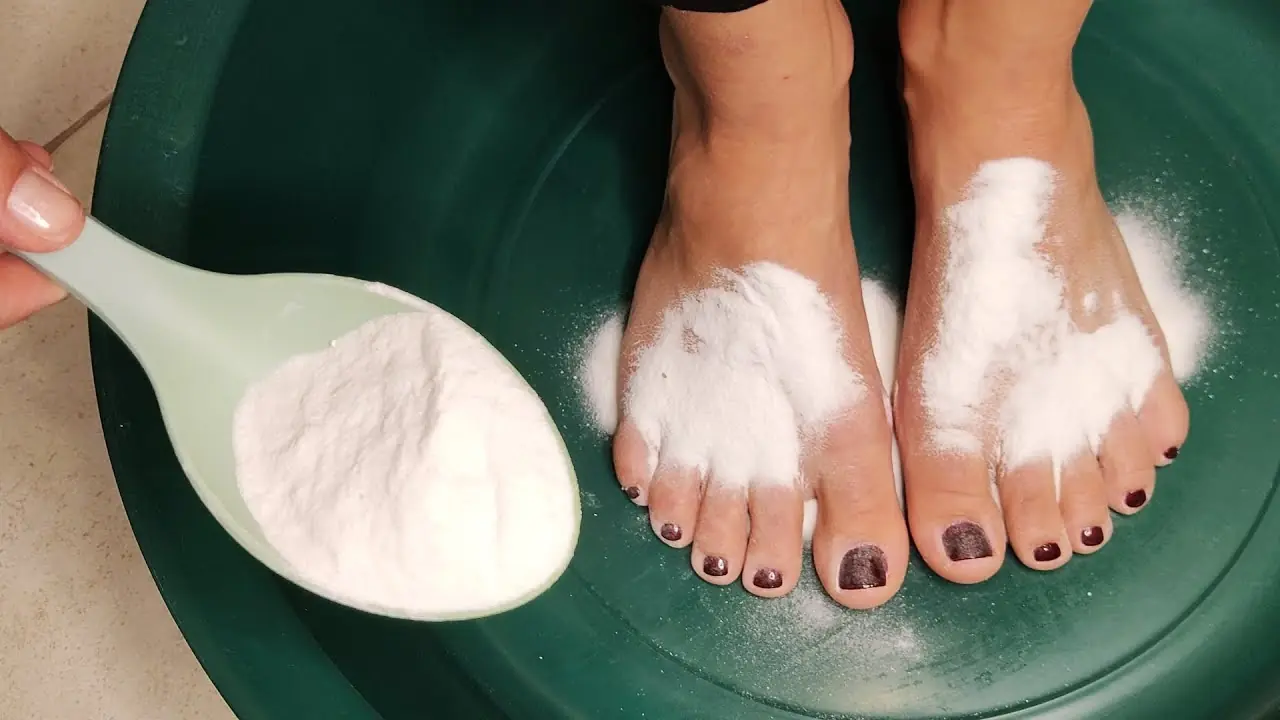
Say Goodbye to Dead Skin on Your Feet with These Simple Natural Remedies

Sleeping Trick? Why Sticking One Foot Out Actually Works
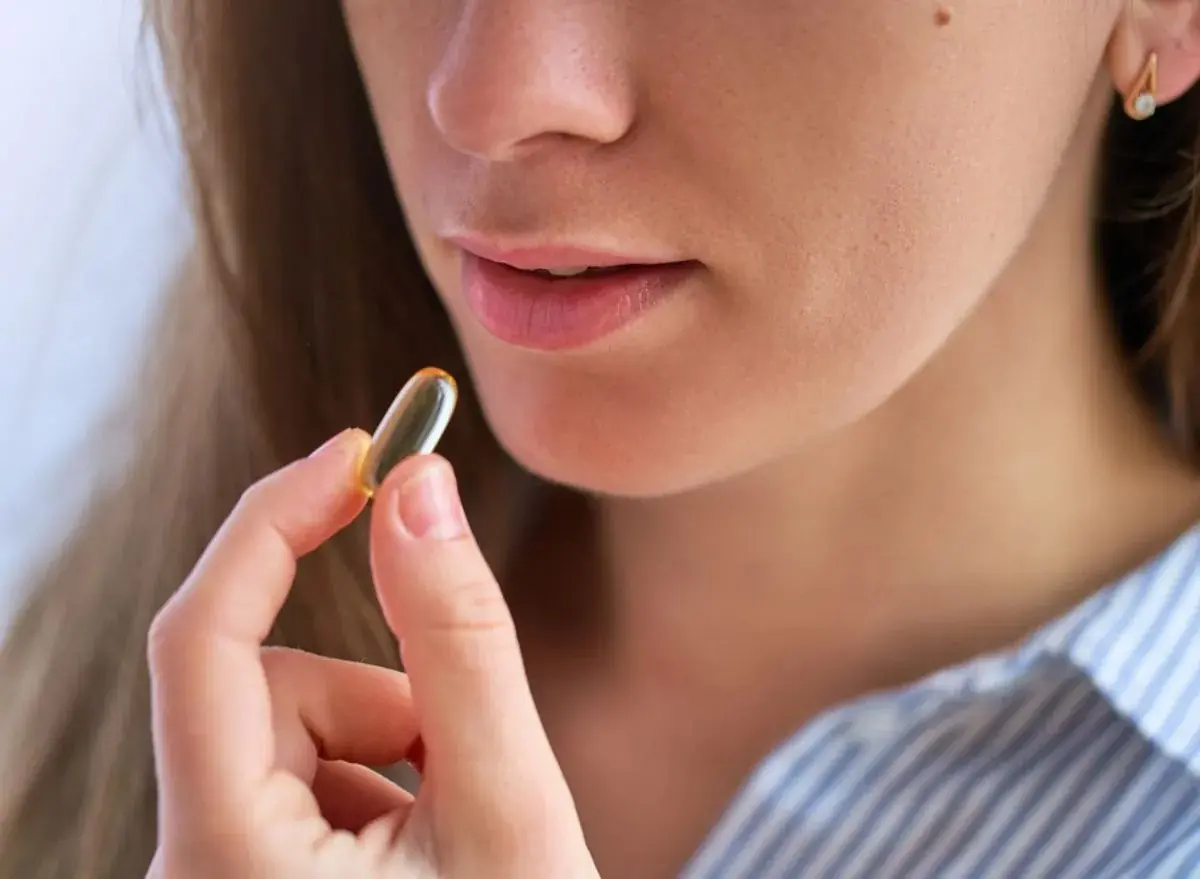
12 Urgent Warning Signs That You’re Not Getting Enough Vitamin D
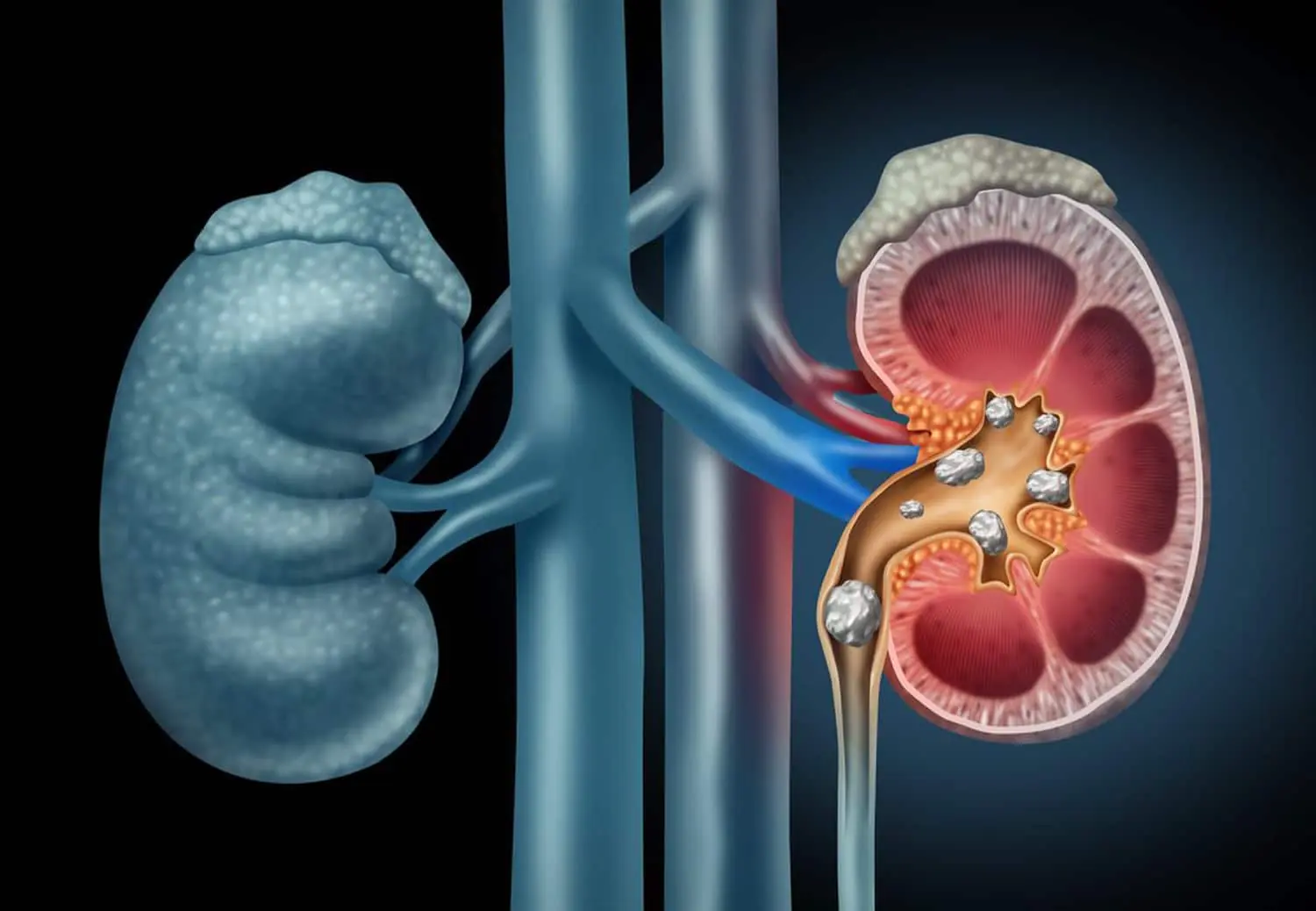
Top 10 Signs of Kidney Problems You Absolutely Must Be Aware Of

The Olive Oil Fasting Trick That Resets Insulin Resistance — and Triggers Deep Cellular Cleanup
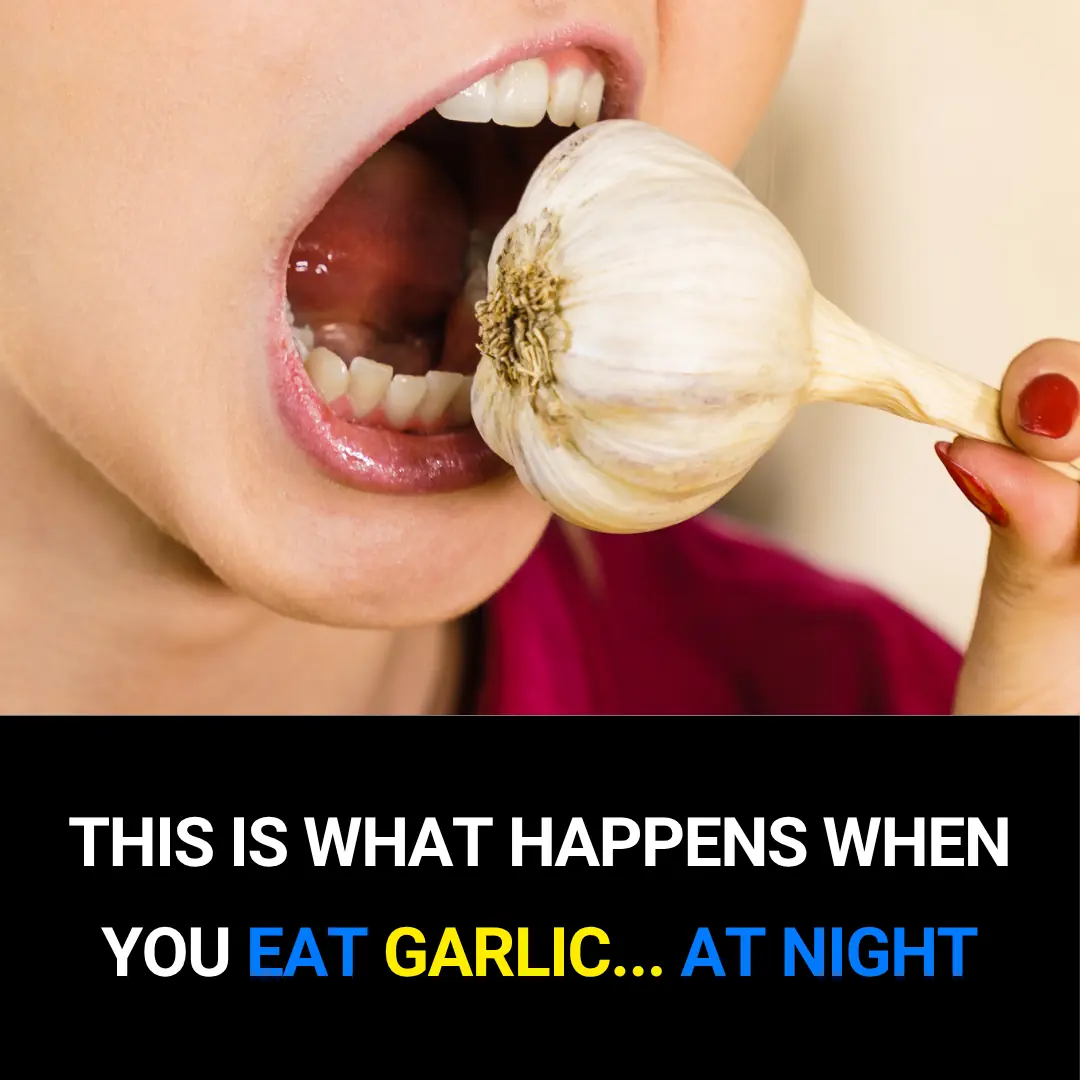
What Really Happens When You Eat Garlic at Night

Apple Extract Found to Kill Colon Cancer Cells More Effectively Than Chemotherapy Drug

Scientists reveal that consumption of TOMATO causes
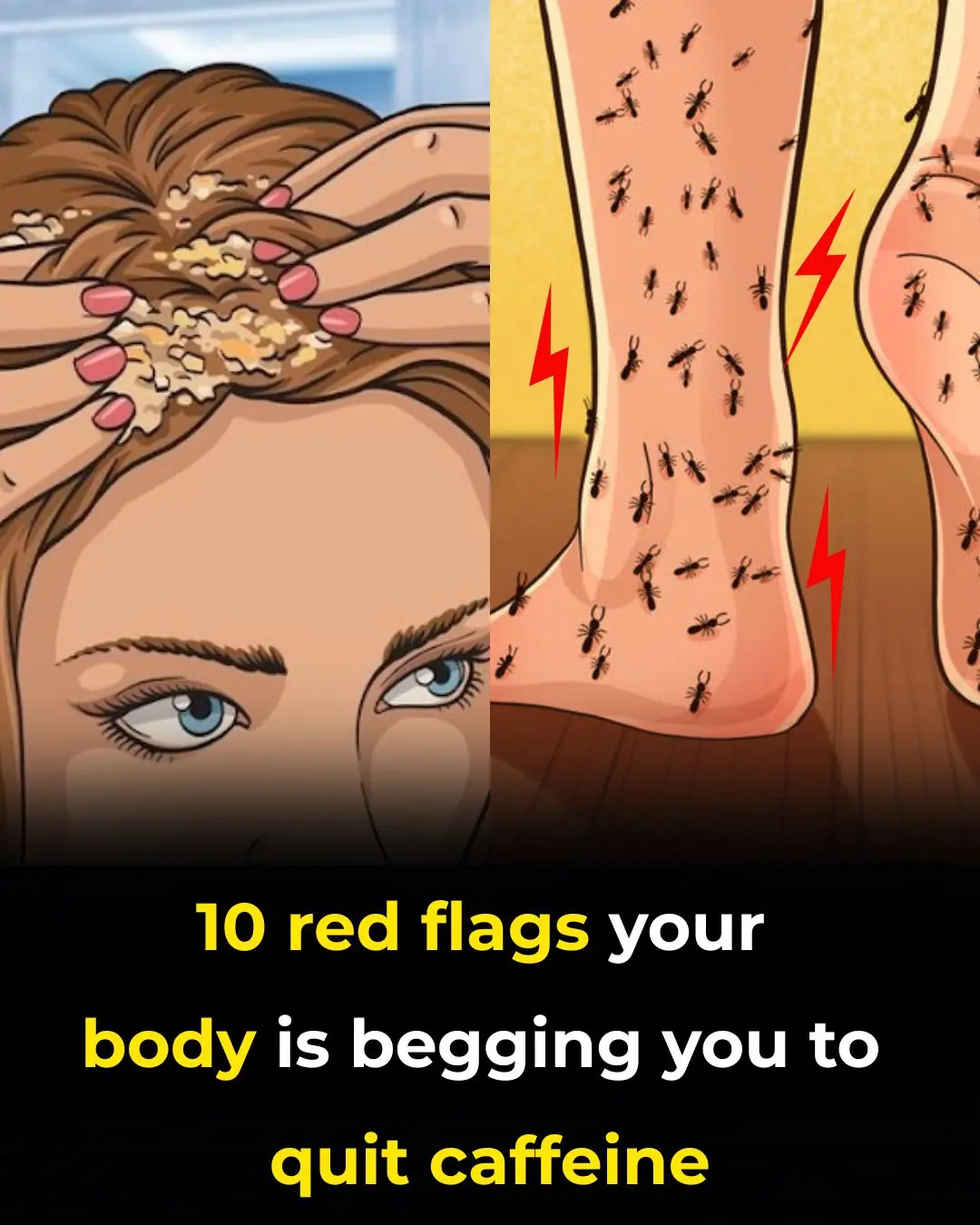
10 Red Flags Your Body Is Begging You to Quit Caffeine

5 great foods that should not be stored in the refrigerator - the risk of aflatoxemia that causes cancer
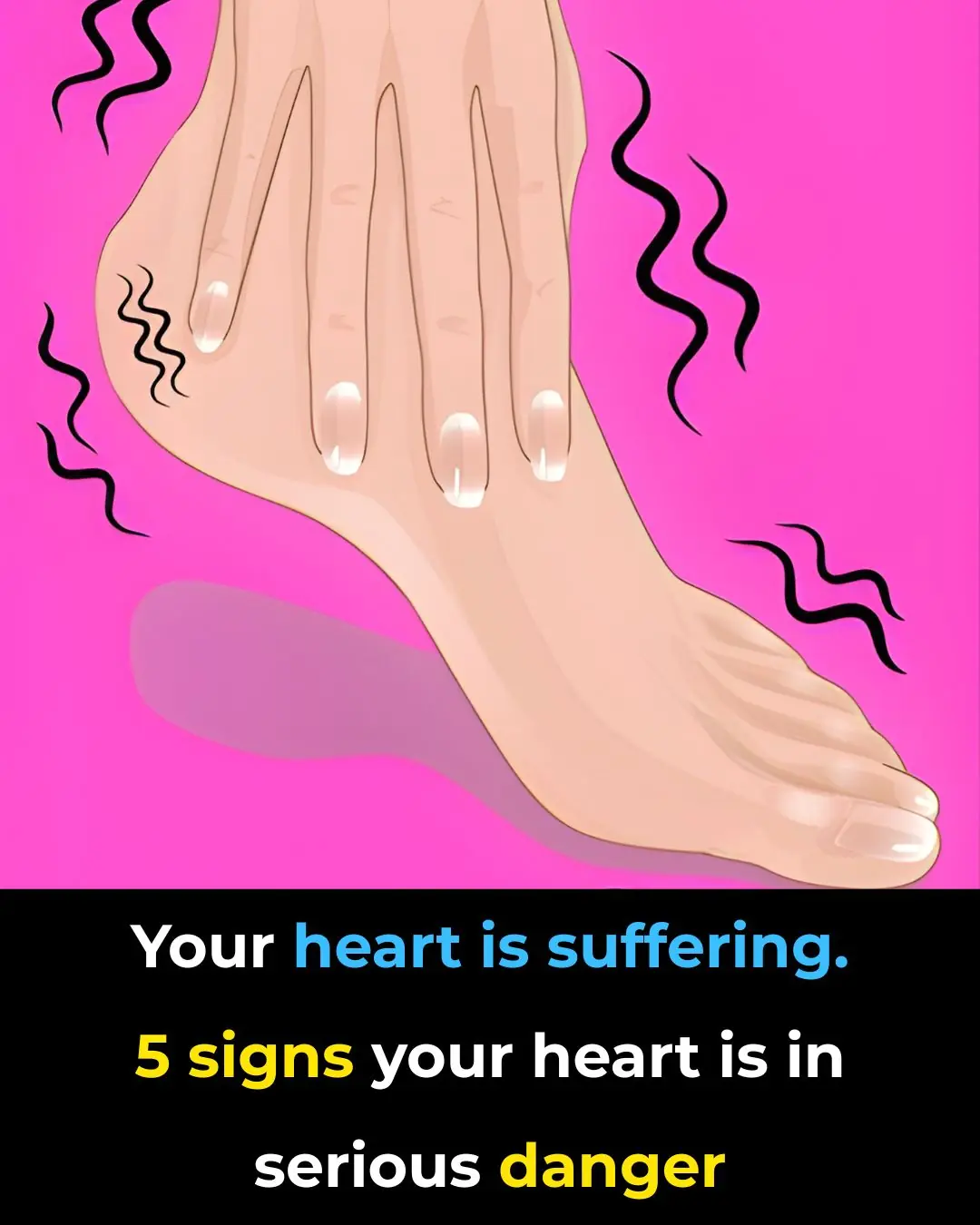
❤️ 5 Subtle Signs That May Suggest Heart Trouble – And When to See a Doctor

Eat these 3 foods to strengthen them…
News Post

Why You Should Always Keep a Small Bottle of Medicinal Oil in Your Bathroom

Truth behind K Pop star's bizarre $4.5 quadrillion 'lawsuit' making her richer than Elon Musk

Calls for chess Grandmaster to be permanently banned after he 'harassed' 29-year-old champion weeks before death

American Beautyberry (Callicarpa americana): Benefits and How to Use It

Holding Cloves in Your Mouth: A Natural Way to Relieve Toothache
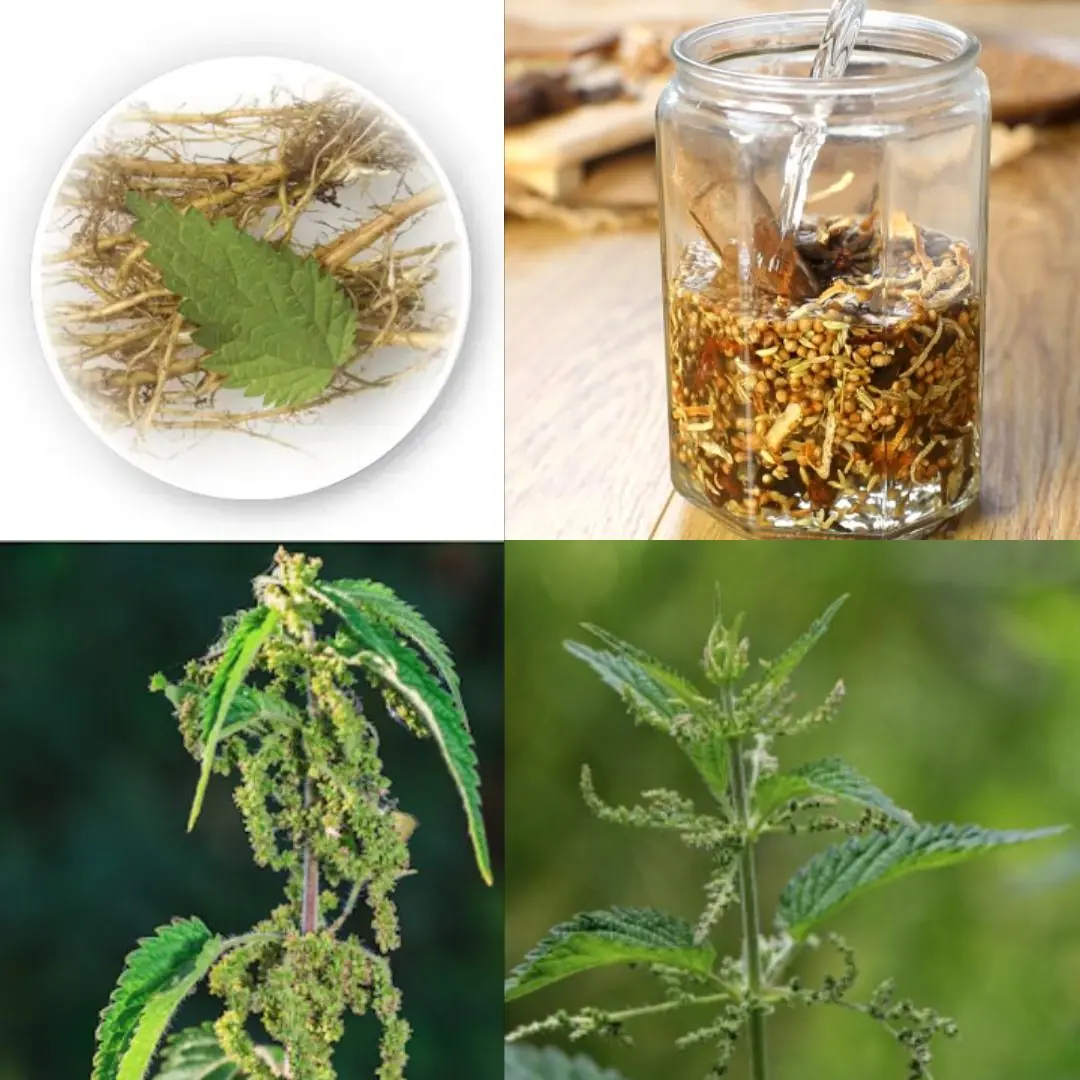
Everybody Hates Stinging Nettle, But Most People Don’t Know the Power of Its Root

A Grocery Store Encounter That Turned Into Something More

A Waitress Said “No” — And Changed a Mother’s Night Completely

The Secret Santa Who Gives All Year Long — And the Ripple of Kindness He Started

Will’s Best Sunday Ever: A Brave Teen’s Return Home

A Single Gesture That United a Crowd in Emotion

Agatka’s Fight: A Little Girl’s Battle With Severe Aplastic Anemia

Laika’s Last Journey: The Little Dog Who Touched the Stars

The Long Road Home: Max’s Journey Back to Love.

A Small Act of Kindness in Athens.

From the Cold Rain to a Warm Home.

Wild Elephant Chases Tourists in Bandipur Forest: One Injured in Close Call

A Ride Home, A Lesson in Humanity.

What a Hero: The Unyielding Spirit of Josephine Margaret Pescatore.
